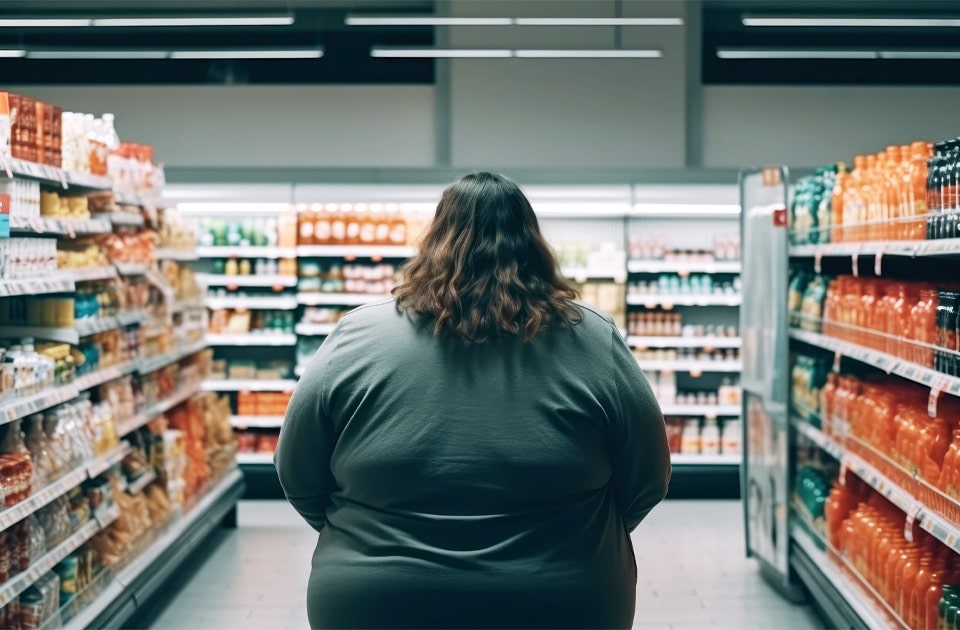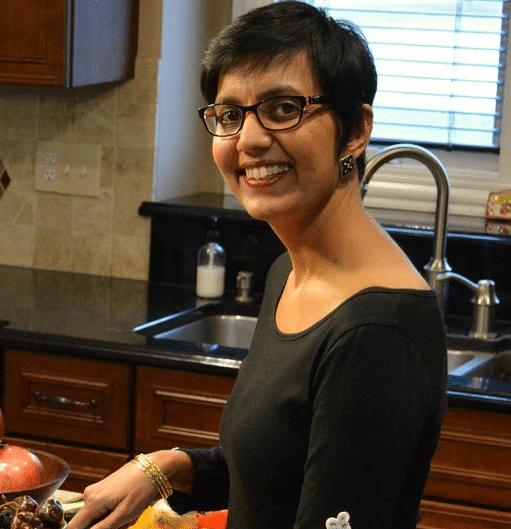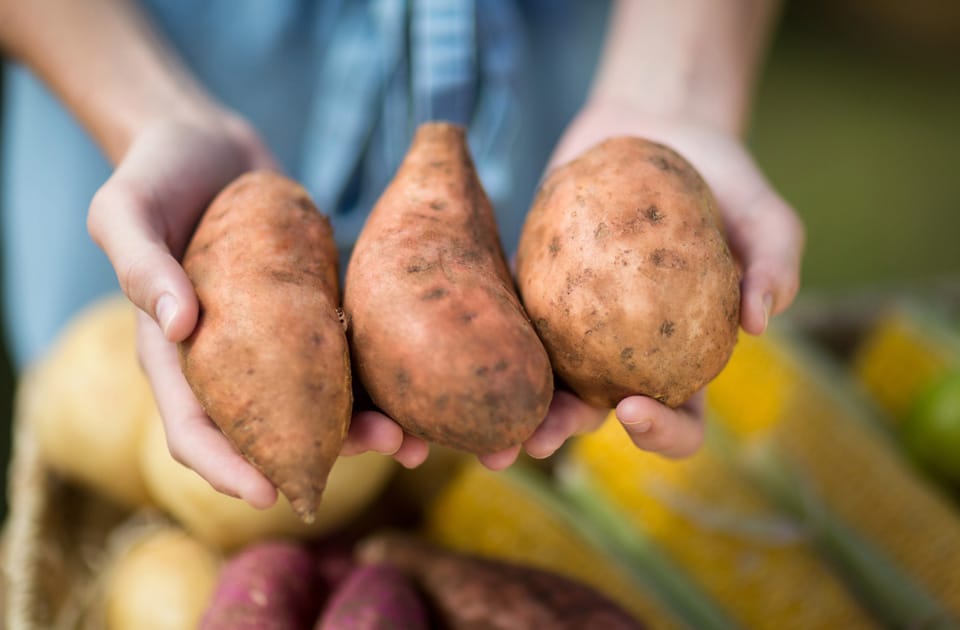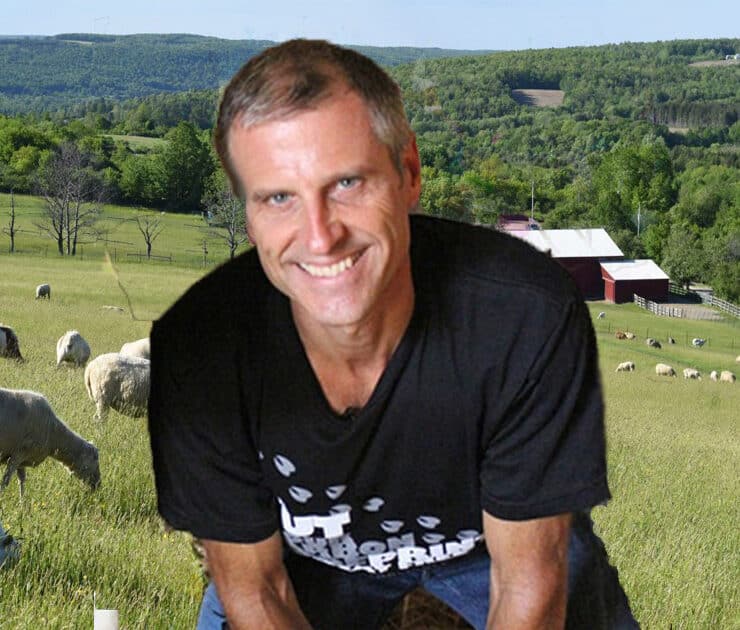Deepa the Dietitian: Tackling the Obesity Crisis with a Whole Food, Plant-Based Diet

The nutritionist Deepa Deshmukh, who is helping many clients reduce weight by following a whole food, plant-based diet, will start a dietary health advice channel on UnchainedTV

Los Angeles, November 21st, 2023 — Acclaimed nutritionist Deepa Deshmukh is launching a dietary health advice channel on UnchainedTV promoting a whole food, plant-based diet to tackle America’s obesity epidemic and to prevent the most common lifestyle-related diseases.
At least two-thirds of Americans are overweight or obese and this is a crisis causing unnecessary illness and death from preventable diseases. It’s also causing our health care costs to skyrocket, costs paid for by taxpayers. With the relentless rise of calorie-dense fast food and the prominence of junk food in advertising, the crisis is getting worse. Luckily, there are solutions.
Deepa The Dietitian
Deepa Deshmukh, MPH, RDN, CDE, BC-ADM, is an award-winning dietitian and nutrition specialist with a very specific and proven method to drop excess pounds, including the promotion of an increasingly recommended diet that can address many health problems all at once: the whole food, plant-based diet (WFPB).
Also known as Nutritionist Deepa, she will be sharing her expertise with a new channel on UnchainedTV. Host Jane Velez-Mitchell recently interviewed her to begin introducing her dietary wisdom to her audience. You can watch the entire conversation here:
Deepa’s Mission to Help The Most Vulnerable

In 2020, Deshmukh was recognized as one of the top 10 dietitians in the country by Today’s Dietitian Publication for her innovative approach to health and wellness. She specializes in providing practical, culturally sensitive, nutrition–focused strategies to those who have committed to changing their lifestyle. Arriving in the United States in 1993 from Pune, India, Deshmukh held a degree in Food Science and Nutrition.
Her first exposure to the field of nutrition occurred while volunteering at Brigham and Women’s Hospital in Boston. In her role, she taught nutrition to the most vulnerable population — families living in shelters with chronic health conditions. Deshmukh realized that these individuals lacked both an understanding of nutrition and access to nutritious food. Velez-Mitchell asked her for her fundamental message to those who want to improve their health. This is what she replied:
“The fundamental message is we learn to eat natural, whole, plant-based foods, because we have nutrition, we have flavor and, by eating more plant-based foods, specifically whole food plant-based, we are not only doing justice to our bodies, but also to the planet. The tricky part of doing that is, though, how do we retrain our bodies, and retrain our brains, to start liking this food, because our society, our culture, has made it easier to go for unhealthy food. So, we have to find a solution together, because we have created this problem as a society.”
Ditch the Junk
The whole food, plant-based diet, a term initially coined by the famous Cornell University nutritional biochemist T. Colin Campbell, who presented his diet research at the US National Institutes of Health in 1980, is composed of whole grains, plant proteins (such as beans, lentil, peas, and tofu), fruits, vegetables, and small quantities of nuts and seeds. This diet is very high in fiber.
“Get rid of any junk food that you have, which is a combination of salt, sugar, and fat. Start avoiding that. Start removing it from your environment. If it’s not around you, it’s not going to be in you.” — Deepa Deshmukh, Nutritionist
Don’t Forget the Good Starches

Deepa believes that we don’t have a food addiction, but we have a junk food addiction. To tackle this, in addition to promoting a whole food plant-based diet, she advocates for the regular consumption of good starches as a source of energy. She explains why:
“Your eating window should contain an adequate amount of carbohydrates starches. I’m talking about wet starches, such as oats, whole grains like quinoa, rice, potato, or sweet potatoes…Make sure, during the day, you are eating an adequate amount of these wet starches. Don’t just survive on fruits and vegetables. Fruits and vegetables are extremely important for our system, they make us feel full, but they don’t satisfy us. There is a difference between feeling full and feeling satisfied. You want to be satiated, and satisfaction comes only when we eat a starch-based, whole foods, plant-based diet.”
Eat the Energy Foods
Deshmukh advises using unrefined carbohydrates as the source of energy, instead of fats and oils, as she says this is what science and history tell us that works. She said the following:
“As human beings, carbohydrates are the preferred source of energy for our brain and our body. It’s not protein, it’s not fat, it’s only carbohydrate. The sugar or the glucose from the carbohydrate, that’s what our brain can use to think.”
“Every culture on this planet uses carbohydrates as a main source of energy. Our civilization would not have survived eating only protein, it’s just not possible.”— Deepa Deshmukh, Nutritionist
What's Your Reaction?
Jordi Casmitjana is a vegan zoologist and author.









